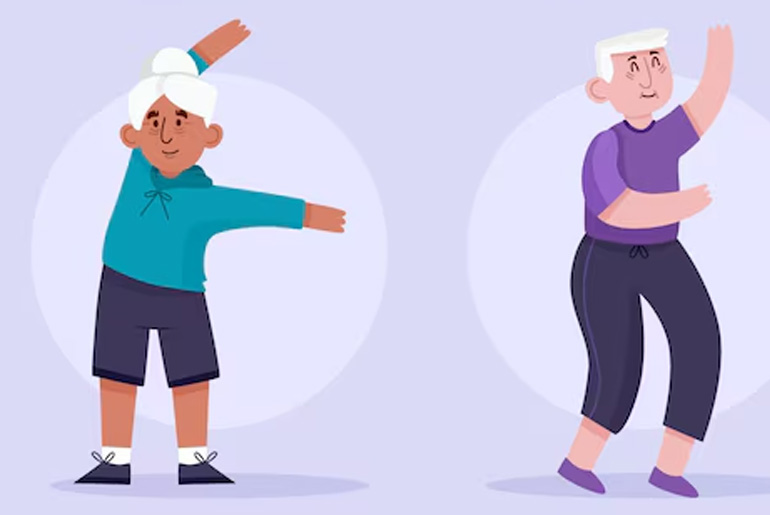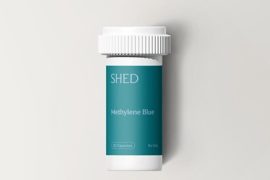Achieving and sustaining a fit lifestyle can be transformative, yet it requires personalized strategies that accommodate age-specific needs, interests, and abilities. Studies show that individuals who stay physically active during their youth tend to lead healthier, more active lives as adults. Here, fitness expert from Cult outlines five effective methods to engage teens and older adults, making fitness accessible and enjoyable for all ages. Fitness can become a more enjoyable, sustainable part of life for teenagers and older adults alike.
1. Adventure-Based Fitness for Adolescents:
Teens are often drawn to activities that challenge them physically and mentally. Adventure-based exercises, such as rock climbing, hiking, swimming, and obstacle courses, can turn workouts into exciting explorations. These activities go beyond traditional gym exercises by fostering problem-solving, agility, and perseverance, all while providing a sense of thrill. For adolescents, such outdoor pursuits can make fitness feel like an adventure, helping them develop a positive association with staying active that can last a lifetime.
2. Functional Fitness for Older Adults:
For older adults, functional fitness focuses on improving strength, balance, and coordination necessary for daily tasks. Functional exercises mimic real-life movements like reaching, bending, and lifting, which enhance autonomy by building the strength and stability required for everyday independence. This approach also supports joint health and overall mobility, which are crucial for aging gracefully. By focusing on practical movements, functional fitness empowers older adults to live more confidently and reduces their risk of falls and injuries.
3. Making Exercise Fun with Games and Challenges:
Incorporating elements of gamification—using challenges, leaderboards, and rewards—can make fitness more engaging for both teens and older adults. Fitness apps and wearables are especially effective for tracking progress and awarding achievements, creating a sense of accomplishment and friendly competition. Teens may enjoy app-based fitness games and challenges that cater to their tech-savvy nature, while adults could benefit from workplace fitness challenges or team-based activities. This gamified approach to fitness adds an extra layer of motivation, making physical activity a fun, shared experience.
4. Socializing Through Group Fitness:
Fitness can also be an excellent way to build social connections, making it more enjoyable and sustainable. Adolescents may find dance-based classes or sports-themed workouts particularly attractive, as these allow them to exercise in a social and fun environment. For older adults, group activities such as yoga or aqua aerobics offer low-impact options that encourage social interaction and combat isolation. By promoting community engagement, group fitness classes can boost both physical and mental well-being across all ages.
5. Leveraging Technology for Fitness at Any Age:
The rise of fitness apps, virtual trainers, and online workouts has made it easier for people of all ages to engage in personalized and flexible fitness routines. Tech-savvy teenagers may enjoy the accessibility and customization of virtual workout sessions that align with their busy schedules. On the other hand, older adults can benefit from the convenience and adaptability of online classes, particularly during harsh weather or when facing mobility challenges. Technology provides a way to stay active regardless of location, helping both adolescents and older adults maintain consistent, accessible fitness routines.
By exploring these tailored approaches, fitness can become a more enjoyable, sustainable part of life for teenagers and older adults alike, fostering lifelong health and wellness. Each method respects individual needs while promoting the shared goal of staying active and engaged.
Disclaimer:
The information contained in this article is for educational and informational purposes only and is not intended as a health advice. We would ask you to consult a qualified professional or medical expert to gain additional knowledge before you choose to consume any product or perform any exercise.







